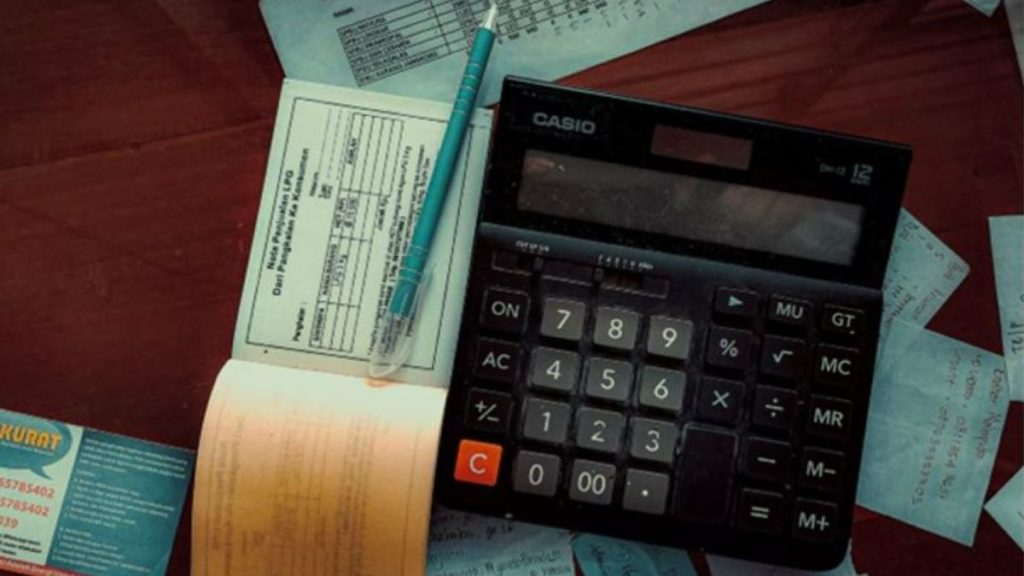Featured image from Unsplash
As a business owner, you have to get paid in order to scale up your business. But what’s the best way? Should you use purchase orders or invoices?
RELATED ARTICLE: SCALING UP YOUR ONLINE BUSINESS AS A SOLOPRENEUR
The purchase order vs. invoice debate is one that most businesses face when starting. Each has its own advantages and disadvantages as well as its individual use cases, so it’s important to understand both before deciding which one is right for your business.
Here’s a look at the pros and cons of purchase orders vs. invoices.
What Are Purchase Orders?
A purchase order is a contractual document between a buyer and a seller that establishes the terms of a transaction. It specifies the type and quantity of goods or services being purchased. It also shows the price, delivery date, and payment terms.
Once both parties have signed the purchase order, it becomes a binding contract. Purchase orders are commonly used in B2B transactions, but can also be used in certain types of consumer transactions.
RELATED ARTICLE: THE KEY DIFFERENCES BETWEEN B2B AND B2C
For businesses, purchase orders help to streamline the ordering process and ensure that both parties are clear on the details of the transaction. You might use purchase orders for consumers when they are making large purchases, such as cars or appliances. In either case, purchase orders provide a written record of the terms of the transaction, helping to protect both buyers and sellers.
What Are Invoices?
Invoices are documents that provide evidence of a transaction between two businesses. An invoice typically includes:
- The name and contact information of the seller
- The name and contact information of the buyer
- A description of the goods or services sold
- The date of the transaction
- The amount due
- The terms of payment
In some cases, an invoice may also include shipping information or special instructions. They seller typically generates an invoice and sends it to the buyer after the completion of a transaction.
The buyer will then use the invoice to pay for the goods or services they have received. Invoices play an important role in business transactions, as they provide a record of purchases and when payment is due. Consequently, it is important to ensure that invoices are accurate and complete before you send them to buyers.
RELATED ARTICLE: 6 COMMON INVOICING MISTAKES MADE BY SMB’S
What Are the Pros and Cons of Using Purchase Orders?
Purchase orders are a common tool that businesses use to keep track of inventory and purchasing costs. When used properly, they can help to streamline the ordering process and ensure that only authorized purchases are made.
However, there are also some potential drawbacks to using purchase orders. For example, if a business does not have adequate controls in place, it may be difficult to track or manage purchase orders.
Additionally, if a business does not manage purchase orders carefully, this can potentially lead to waste and misuse of company funds. For this reason, it is best to use purchase order software that makes it easy to track and manage your purchase orders.
What Are the Pros and Cons of Using Invoices?
Invoices are a key tool that businesses use to track payments and customers. When used properly, they can help businesses keep tabs on what is owed to them and when payment is due. Additionally, invoices can help businesses manage customer relationships by providing a record of transactions on both ends.
However, there are also some potential drawbacks to using invoices. For example, if an invoice is not accurate or complete, it may cause confusion or delays in payment. Additionally, if businesses do not keep track of their invoices carefully, they may miss payments or fail to follow up with customers in a timely manner.
Since businesses usually send invoices after a business provides a service, there is no guarantee that the customer will pay it. When providing services on credit, be sure to create a contract for service ahead of time that both parties sign. This will help to ensure that you are paid for your services and avoid any misunderstandings later on.
RELATED ARTICLE: 6 TIPS TO EFFECTIVELY MANAGE YOUR SMALL BUSINESS’S FINANCES
Endnote
Ultimately, whether your business should use purchase orders or invoices depends on your specific needs. If you need a tool to help streamline your ordering process, then purchase orders may be the best option.
On the other hand, if you need a way to keep track of payments and manage customer relationships, then invoices may be the better choice. Consider your business needs carefully before deciding which option is right for you.
RELATED ARTICLE: STAYING AHEAD IN A DYNAMIC BUSINESS ENVIRONMENT
